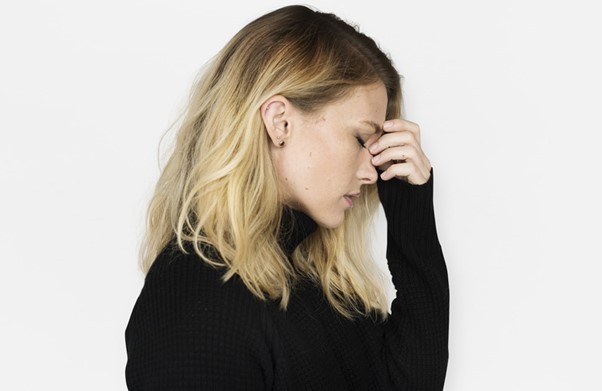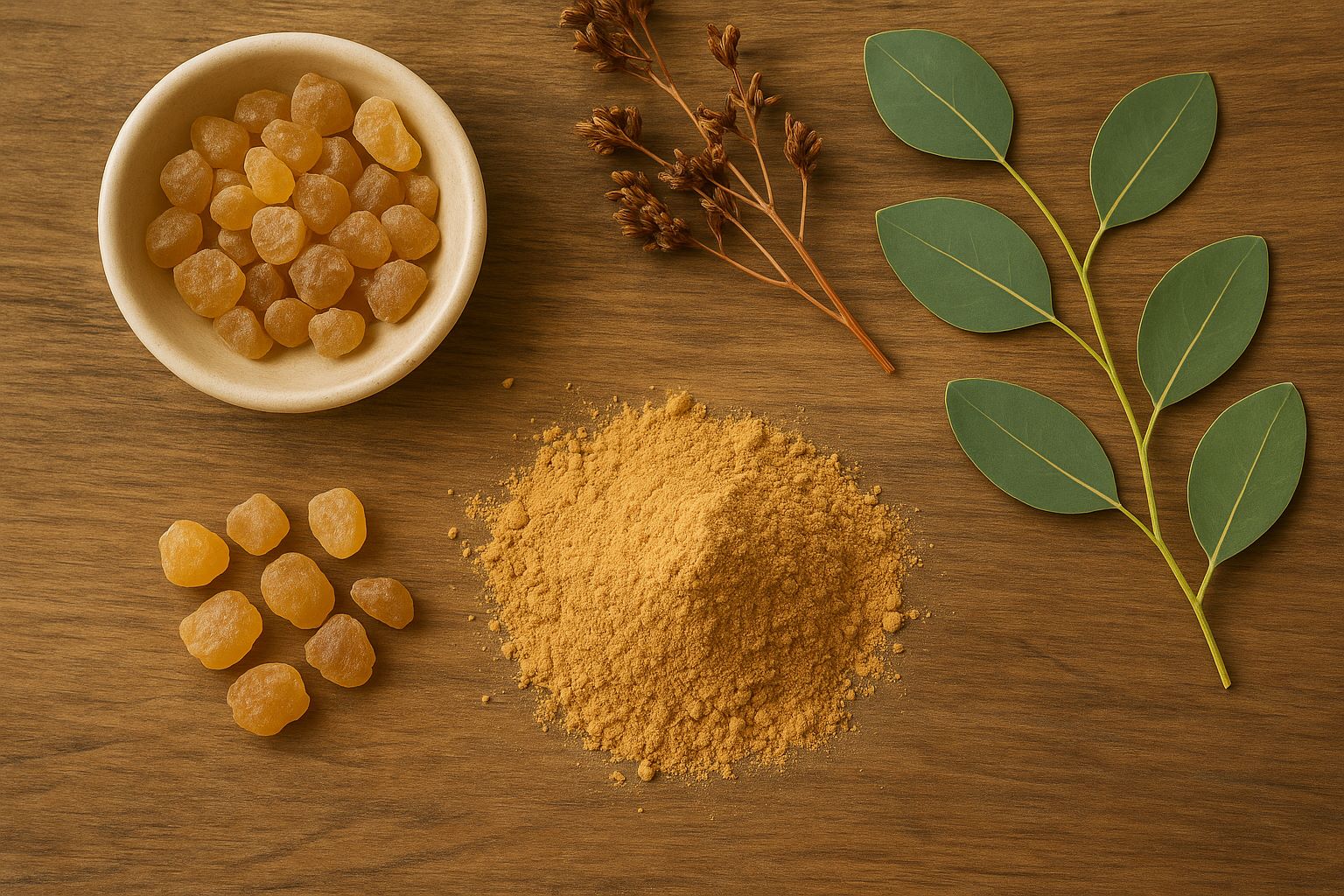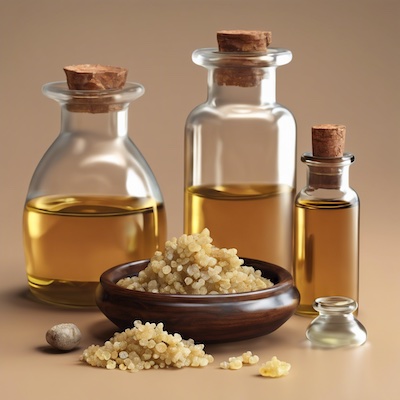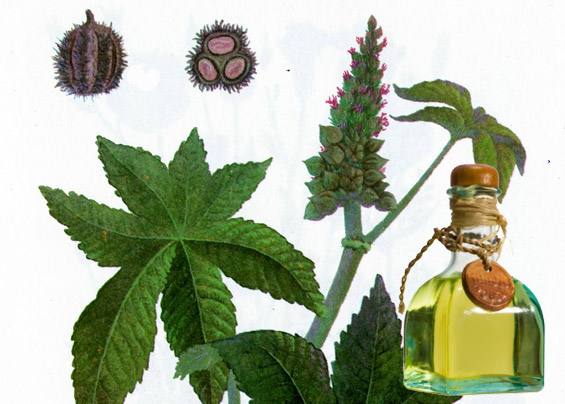The mere idea of achieving clear, perfect skin can make your palms sweat. We would all love to go barefaced with confidence, radiating health and vitality, but clear skin is actually quite rare. Some 50 million people in the United States are breakout-prone, according to the American Academy of Dermatology (AAD). So what does this mean when it comes to stress acne? Can stress cause pimples? And if so, what can we do about it?
Does Stress Cause Acne?
Looking at our increasingly stress-powered society, it’s no wonder then that acne and stress are indeed linked. Think about it: You’re losing sleep, stressing out about a major life event (finals, wedding, big date, job interview) only to discover a painful mountain on your chin. Nothing adds insult to injury like a cyst in the middle of your biggest close-up. For some people it’s just an occasional zit, but for others, the stress cycle can bring regular bouts of breakouts. So - can stress cause acne? The short answer is yes but for more information, read on!
1. Stress influences hormones
It’s no coincidence that so many women tell horror stories about a zit popping up on their wedding day. Stress affects your hormones, which in turn cause your skin to go haywire. A 2017 study of 144 medical students showed a strong correlation between acne severity and stress levels. Women who suffer from chronic stress will experience an increase of adrenal androgens, which results in excessive sebum production. The more oil your skin has, the more chance of a clogged pore-the impetus of a blemish. Stress also causes an increase in Corticotropin-releasing hormone (CRH), which contributes to inflammation, a key component in acne. These are some of the many reasons why stress and acne go hand in hand.
2. Diet and hormones
While the verdict is still out regarding which diet is best for acne management, studies suggest that small changes may result in smoother, healthier skin. Data suggests that high glycemic index (GI) diets may exacerbate acne. If you’re plagued by persistent bumps, steer clear of white bread, processed foods and added sugar. Studies also suggest a link between dairy and acne, particularly skim milk and low fat dairy, which may have a direct effect on the hormones that trigger a stress breakout.
3. Stress influences skin repair
There is an obvious link between stress and immunity. Too much stress can become a burden to your immune system. So, what does this have to do with acne? It turns out, your immune system plays a pivotal role in the healing process, which applies to blemishes as well. So though having acne caused by stress is common, it's equally possible your acne is just lingering because of the stress. The more stressed and compromised your immune system, the slower your acne will heal. The stronger your immune system, the faster a zit will resolve.
4. Stress causes inflammation
Last, but not least, consistent stress affects the way your body functions. When you suffer from stress, your body coping mechanisms come hand-in-hand with inflammation. Your immune system sends out chemicals that are intended to heal wounds- but they also cause inflammation. For example, in people with psoriasis, the immune system actually overreacts, sending too many “healing” chemicals and unwittingly triggers a flare-up. The same is true for acne. Stress can turn a simple uninflamed pimple or blackhead into a painful zit.
How to control stress-related breakouts
It’s a luxury to just take off on vacation or go to a spa to de-stress. For most of us, stress is just a part of life, which means we need to find other tools to combat stress induced acne in our day to day lives. Here are a few tips to manage the stress-acne cycle and achieve your goal of clear skin.
1. Exercise
Getting active is the easiest way to relieve stress. Getting your heart rate up raises endorphins and relieves tension. Increased circulation helps healing and rejuvenation, even in your skin.
2. Socialize
Laughing with friends reduces cortisol levels, which reduces inflammation. Pencil in time to socialize if you want to keep your stress levels down. Since alcohol can often aggravate inflammatory skin conditions like acne and rosacea, try to make time for non booze-related outings. Go for a walk, hike or see a movie rather than hitting the bar each time you go out to catch up with your pals.
3. Use clinically-proven ingredients such as:
-Tea Tree Oil
This all natural, plant-based acne-fighter has been widely studied for the treatment of acne and fungal infections. As a powerful antibacterial agent, Tea Tree Oil rivals the efficacy of Benzoyl Peroxide. A 1990 study compared 5% Tea Tree Oil to 5% Benzoyl Peroxide, side-by-side. Both treatments significantly reduced the amount of inflamed pimples, but the side effects were very different. The Benzoyl Peroxide was better at drying out the skin, with the subjects that used Tea Tree Oil had higher oil levels. The Benzoyl Peroxide group had more scaling, redness, irritation and dryness. For acne-sufferers looking for a less irritating alternative to Benzoyl Peroxide, Tea Tree Oil is a wonderful option. It is also better suited for aging skin since it doesn’t reduce sebum as drastically, promoting more elastic and supple skin.
https://www.ncbi.nlm.nih.gov/pubmed/2145499
-Salicylic Acid
This FDA-approved beta hydroxy acid is not only a good exfoliator, it’s a strong anti-inflammatory agent as well. This oil-loving acid helps to resurface skin and clear out pores, reducing the frequency of blemishes. Meanwhile, the anti-inflammatory effect helps quell active blemishes. It’s also a good choice for aging skin or pigmented skin because it helps reduce the look of wrinkles and dark spots over time.
-Azelaic Acid
Another gentle acid, Azelaic Acid is a non-drying alternative to Benzoyl Peroxide. It is such a gentle ingredient, it’s actually recommended for Rosacea. Rosacea is a condition characterized by inflammatory lesions and redness, and is accompanied by acute sensitivity. Azelaic acid is also very good for fighting hyperpigmentation and scarring that’s left behind after a lesion heals.
https://www.ncbi.nlm.nih.gov/pubmed/18246693
Last thought: Don’t Touch!
Let’s say you start implementing gym-time and social outings to reduce your stress levels. You use Salicylic Acid daily and might even start to see an improvement after a couple weeks. The final piece of the puzzle? Don’t pick your skin! When we are stressed we are more prone to pick and prod at our blemishes and stress pimples, which usually just makes things worse. Picking introduces new bacteria and increases inflammation. Worst of all, it makes scarring worse. Keep your hands to yourself if you want to reap the rewards of your good habits.
Source: provenskincare.com
This article is originally posted on Proven Skincare.







